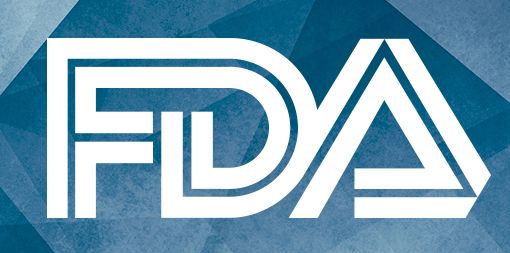FDA Approves OCS Heart System for Hearts from DBD Donors
Announced in a statement from TransMedics Group Inc. on September 7, premarket approval to the OCS Heart System could allow for broader utilization of donor hearts for transplantation in the US.

A new US Food and Drug Administration (FDA) approval could substantially broaden the utilization of donor hearts for transplantation in the US.
Announced in a statement from TransMedics Group, Inc. on September 7, the FDA has granted premarket approval to the OCS Heart System for the preservation of donor hearts deemed unsuitable for procurement and transplantation at initial evaluation due to limitations of prolonged cold status cardioplegic preservation from donors after brain death.
"The approval of this revolutionary technology marks a critical step forward for heart transplantation," said Jacob Schroder, MD, surgical director of heart transplantation at Duke University Medical Center and the principal investigator for the OCS Heart EXPAND Trial, in the statement from TransMedics Group. "The OCS Heart System allows surgeons to assess donor heart's viability in real time and minimizes the negative effects of cold storage. This will increase utilization of donor hearts that are rarely used due to limitations of cold storage preservation. By expanding the donor pool of acceptable hearts, the OCS will enable us to better meet the growing demand for heart transplantation in the U.S. and save lives."
A company specializing in technology for portable extracorporeal warm perfusion and assessment of donor organs for transplantation, the OCS Lung System from TransMedics Group received approval from the FDA in June 2019. According to TransMedics Group, the approval for the OCS Heart System is based on the results of the OCS Heart EXPAND Trial and a pair of associated trials.
The OCS Heart EXPAND trial assessed use of the OCS Heart System with unutilized donor hearts not meeting standard acceptance criteria for transplantation. The study enrolled 93 eligible donor hearts with a mean UNOS match run of 66 declines. Of the 93 hearts, 75 were successfully transplanted during the trial, which had a pair of primary effectiveness end points of patient survival at 30 days following transplantation and absence of severe primary heart graft dysfunction in the first 24 hours following transplantation. Results of the study indicated an incidence rate of primary heart graft dysfunction at 24 hours of 10.7% and a 30-day survival rate of 94.7%. Additionally, results indicated a 6-month survival rate for patients included in the study was 88%.
"We are honored and humbled that the OCS Heart System is now the only FDA approved device indicated for ex-vivo perfusion and assessment of both donor hearts and lungs as an alternative to the antiquated cold storage preservation. We take this responsibility very seriously, and we are looking forward to the next phase of commercial activities, the initiation of the OCS Heart Perfusion (OHP) Registry, and potentially expanding our clinical indications in the future,” said Waleed Hassanein, MD, President and Chief Executive Officer of TransMedics Group, in the company’s statement.